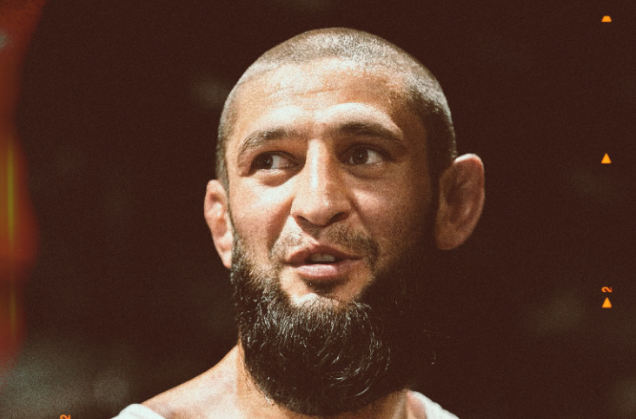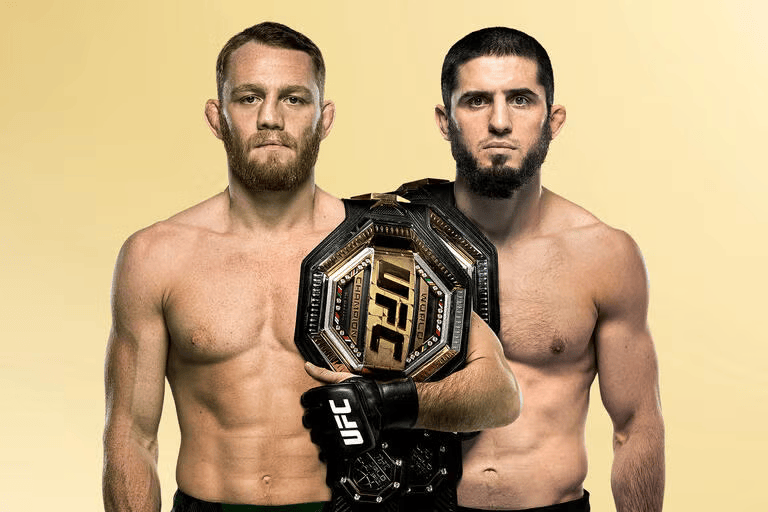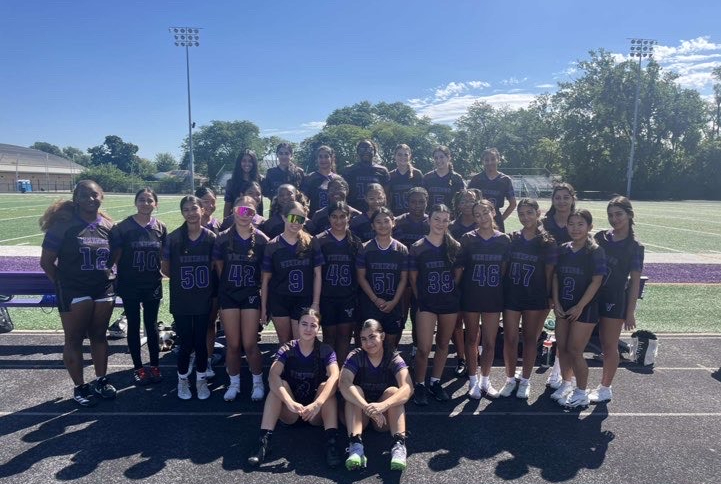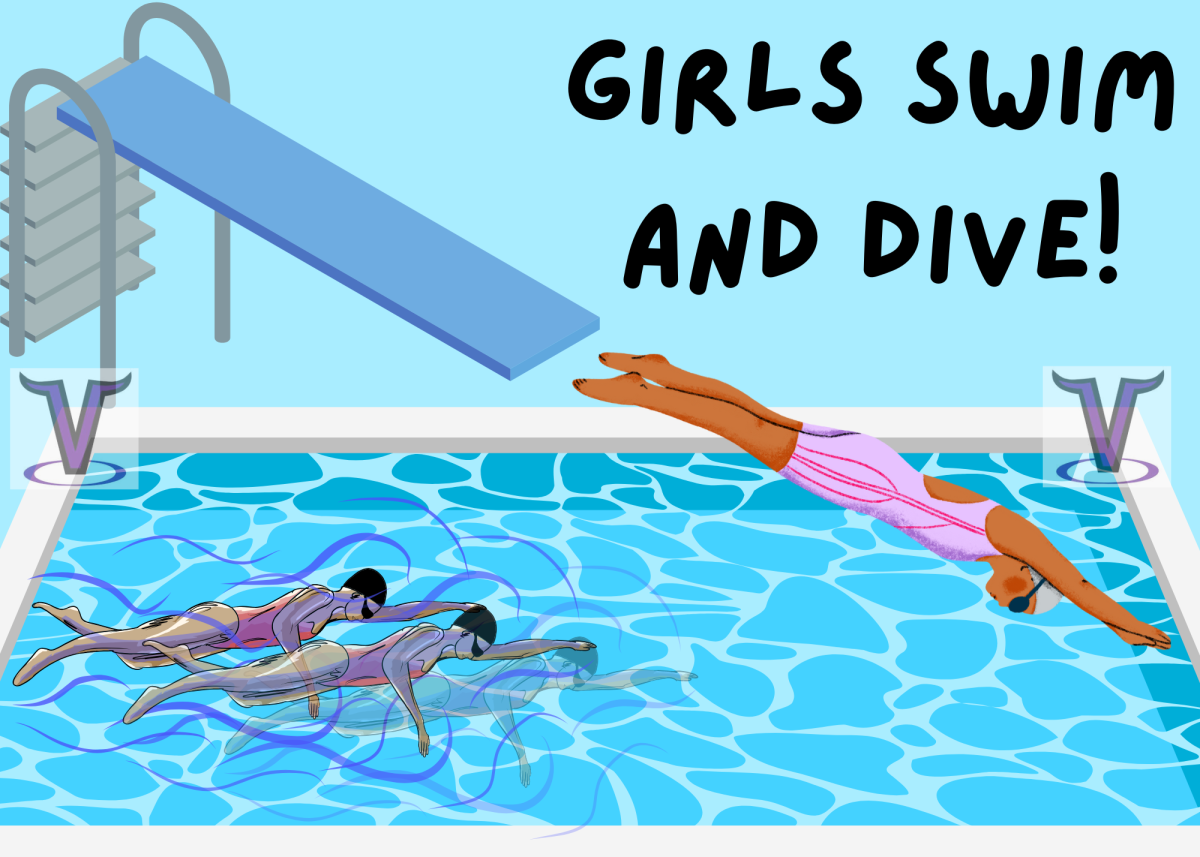On Saturday, August 17, Khamzat Chimaev reached the top of the mountain. After a meteoric rise to superstardom, once derailed by injuries and missed weight-cuts, he at last became UFC champion. By unanimous decision, Chimaev defeated Dricus Du Plessis in a dominant 50-44 victory. Just a few days earlier, he had been showered with cheers at the pre-fight press conference. Now, as Dana White wrapped the gold-plated belt around his waist, rapturous boos filled the United Center. What had changed?
– – – – – – – – – – – – – – – – – – – – – – – – – – – – – – – – – – – – – – – – – – – – –
Ahead of his first title-fight, the Chechen-born fighter had amassed a reputation as one of the most vicious and thrilling fighters in the world. Not only was he undefeated through eight UFC bouts, but he had finished a mind-boggling five of them within the first round alone. Fans were eager to anoint him as the next face of the sport—as were the UFC brass.
Chimaev walked into the octagon as the stark favorite (-250), with likelihood pointing towards a swift submission. However, the belief was that if Du Plessis could survive Chimaev’s immediate onslaught, it would devolve into an all-out dogfight. Immense excitement and intrigue grew in the lead-up to the fight. Over 20,000 fans packed the United Center, paying north of $500 a ticket, while hundreds of thousands more shelled out $79.99 for the pay-per-view. They anticipated the fight of the year. What followed was one of the worst main events in UFC history.
During the 25-minute bout, Chimaev held ground control for a commanding 21 minutes and 40 seconds. Not once did he attempt a submission. He landed 529 strikes—an all-time UFC record—but only 37 were classified as “significant.” Instead, with his crucifix cinched in, Chimaev opted for light taps to the head—just enough to maintain his dominant position on the mat as Du Plessis lay helpless. He simply tread water until the final horn—and he won, quite decisively.
Even Chimaev himself became bored. After the third round, he asked teammate Arman Tsarukyan, “Can I box a little now?” Tsarukyan later explained their strategy: “The plan for the fight was to wrestle, try not to get into exchanges. He’s better everywhere than Du Plessis, but the only way he could lose is if he brawled and let his emotions take over. Don’t rush, don’t try to go for a submission right away and lose position. It’s better to calmly win rounds than go for a submission, miss it, lose position, and have to take him down again. That’s why he fought calmly and it worked. Our goal was to win the title. We achieved it. Why risk it if everything’s working?”
Tsarukyan is spot-on—that’s the dilemma. Chimaev’s win at UFC 319 was fair, smart, and dominant—but it was abysmal entertainment, and the crowd rejected it. This wasn’t an anomaly either. It is the culmination of a long-brewing shift in the UFC, where slow, methodical grappling outmatches explosive striking. The trend can be traced to Khabib Nurmagomedov’s high-profile mauling of Conor McGregor in 2018 and reinforced by Islam Makhachev’s two victories over Alexander Volkanovski in 2023. Here, it reaches its breaking point. Chimaev was unabashedly boring. He gamed the scoring system, and he was rewarded for it. At this rate, he and others like him will continue to be rewarded for it, eroding the UFC’s entertainment value, punishing their bottom line, and terrifying the Paramount executives who recently invested $7.7 billion into the sport.
So, if you’re Dana White—or the commissioner of any professional sports league for that matter—how do you reconcile a conflict between merit and entertainment? Is intervention necessary? The UFC was established for the very reason of pitting different fighting styles against each other. Is Dana White willing to actually change the rules in order to discourage wrestling, even at the expense of the integrity and purpose of mixed-martial-arts? With a colossal media-rights deal recently signed with Paramount, the pressure will only increase.
The UFC has a ‘boring’ problem, and it’s become urgent. It threatens to tear the sport apart.









